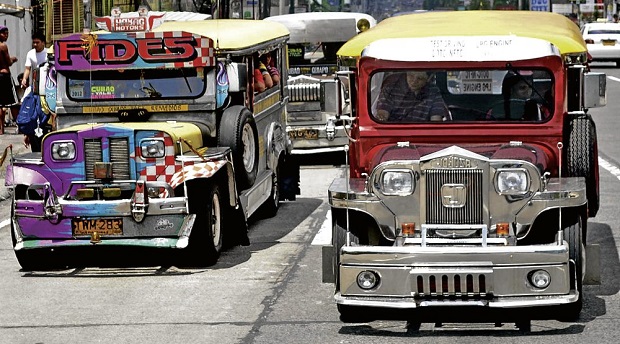
In a joint statement on Monday (Oct. 25), the Development Budget Coordination Committee (DBCC) said these subsidies will be given through the Land Transportation Franchising and Regulatory Board’s (LTFRB), which also implemented the “Pantawid Pasada” when oil excise was raised as a result of the Tax Reform for Acceleration and Inclusion (TRAIN) Act in 2018.
The DBCC is composed of the Department of Budget and Management (DBM), the Department of Finance (DOF), the National Economic and Development Authority (Neda), and the Office of the President (OP).
The DBCC said the forthcoming cash grants will be financed by unprogrammed appropriations meant as support for infrastructure projects and social programs under the P4.51-trillion 2021 national budget.
The DBM did not reply to a query on when the grants will be released to the LTFRB.
Asked if the government will also extend help to other sectors that would feel the impact of expensive fuel, like manufacturing firms and commuters, Socioeconomic Planning Secretary Karl Kendrick Chua said financial support was being targeted at “the most affected sectors.”
“The subsidy for PUVs will mitigate the need to increase fare prices so commuters can be helped also,” Chua, who is also head of the National Economic and Development Authority, said in a text message.
Infrastructure development will lessen reliance on oil, Chua said. “One can also consider the significant increase in infrastructure and new roads to mitigate wasteful fuel consumption due to traffic before, which would mitigate overall fuel cost to manufacturing and other sectors,” he said.
In a report on Monday, Neda noted that futures markets as of Sept. 30 projected Dubai crude oil prices to ease to $74 per barrel by December from $75.7 a barrel this month.
Last week, the DOF warned against suspending collection of excise on oil amid high global prices, as doing so would cost the government P131.4 billion in forgone revenues in 2022.
TSB